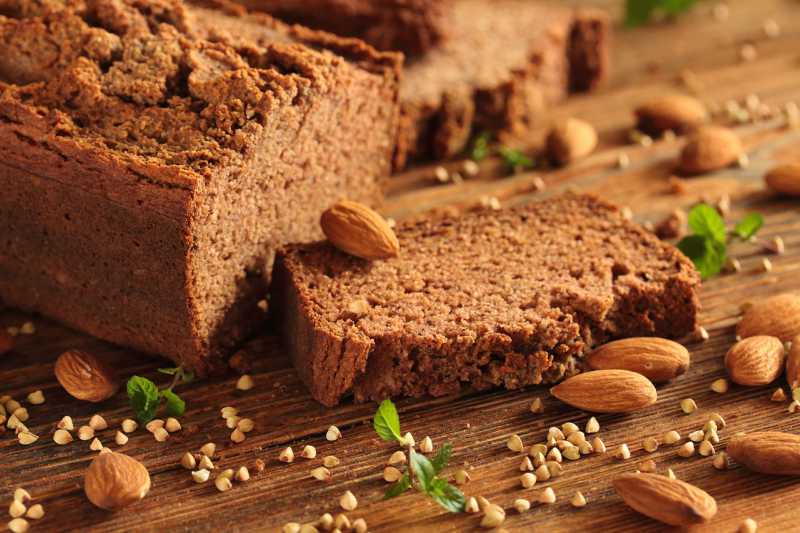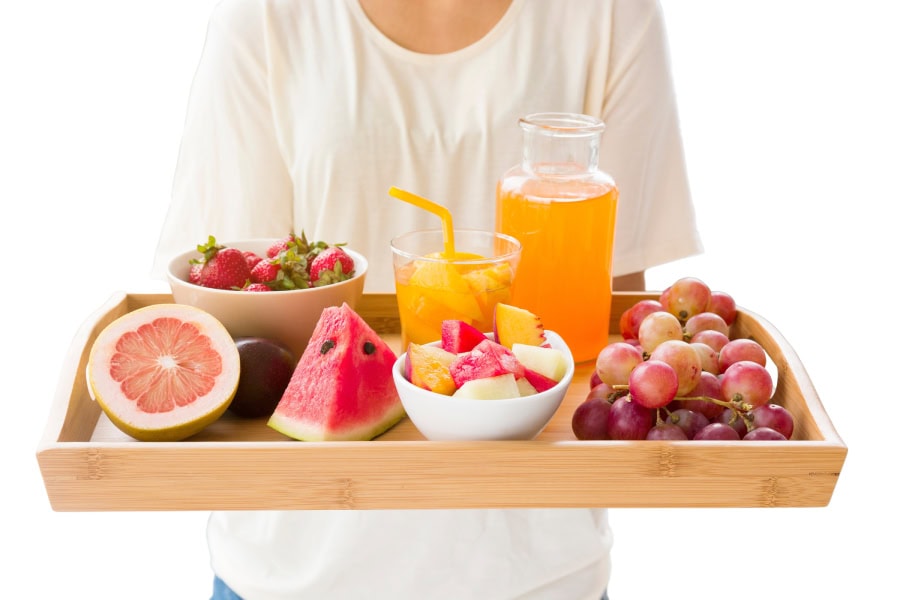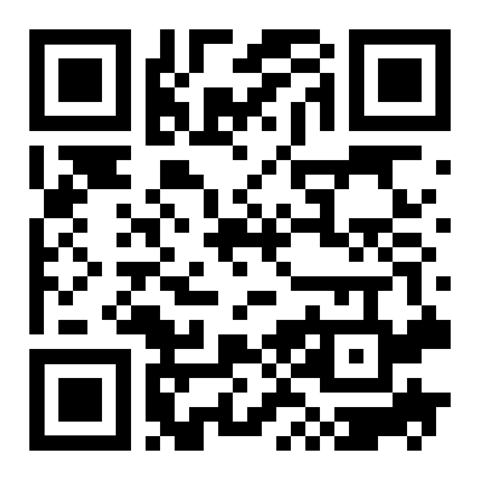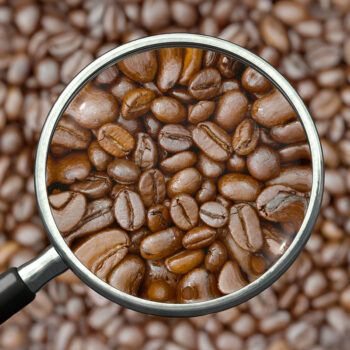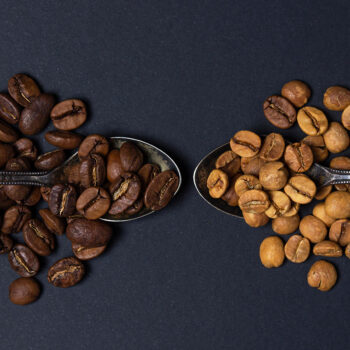What is Gluten?
Gluten is another name for proteins that are found in farina, farro, wheatberrries, emmer, durum, graham, semolina, rye, spelt, and barley. Gluten acts as a bond that helps foods hold their shape. In recent years, gluten-free diets have become increasingly popular. Eliminating gluten from your diet can help you to lose weight and maintain overall good health. Individuals who suffer from celiac disease should avoid gluten at all costs. Those who do not have celiac disease may still find that after eating wheat (a product that contains gluten) they experience headaches, bloating, joint pain, or lethargy. If you suspect you are sensitive to gluten, you should eliminate it from your diet for a few weeks to see how you feel. If you don’t have celiac disease, you don’t have to give gluten up completely. You can practice moderation by varying the carbohydrates in your everyday meals.
How Gluten-Free Labeling Works
If you decide to go gluten-free you should also stay away from gluten-free foods that are processed. Labeling of gluten-free products has not yet been standardized, and due to this it is difficult to know how “free of gluten” a gluten-free product is. Some foods are naturally gluten-free, such as apples or sweet potatoes. However, many other gluten-free foods are processed to remove the gluten but can still contain additives. In order for a food to be gluten-free, it must contain no more than 20 parts per million of gluten according to The Food and Drug Administration (FDA). Manufacturers are allowed to carry the following labels if their product contains less than 20 ppm of gluten:
- Gluten-Free
- Without Gluten
- Free of Gluten
- No Gluten
Finding Gluten-Free Foods
Manufacturers are not required to label their food as gluten-free. However, they should do so as it benefits their customers. If the product does contain at gluten-free label, the food must meet the FDA guidelines. It is important to always read package labels carefully. Wheat-free does not necessarily mean gluten-free. There are also several products that contain hidden gluten. For example, seasonings and flavorings can contain malt which has gluten. Medications, vitamins, candies, vegetables, fruits, and sauces can all contain gluten. Look for foods that are naturally gluten-free, such as:
- Rice
- Quinoa
- Corn
- Oats
- Buckwheat
In addition, flours that are made from anything other than grains containing gluten are gluten-free, such as the following:
- Almond flour
- Arrowroot flour
- Banana flour
- Sorghum flour
- Rice flours
- Corn flour
- Potato flour
- Chestnut flour
Fresh, dried, or pure spices are all considered gluten-free. Food starches, unless they are made from wheat, are gluten-free. There are also pure baking ingredients that are naturally gluten-free including:
- Cane sugar
- Honey
- Pure maple syrup
- Molasses
- Pure vanilla extract
- Brown rice syrup
- All types of vinegar (with the exception of malt vinegar)
- Olive oil
- Vegetable oil
- Coconut oil
- Pure dairy items, such as milk, cheese, butter, plain yogurt, and some flavored yogurts found in grocery stores.
Try Gluten Free in San Marcos or Frisco
For more information about gluten-free products, or to taste our gluten-free menu items from sandwiches to pastries yourself (including our recently released gluten-free pancakes), drop by a Mochas & Javas coffee shop in San Marcos or Frisco, TX.

